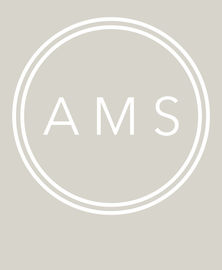Central Auckland, East Auckland, North Auckland, South Auckland, West Auckland > Private Hospitals & Specialists >
Auckland Medical Specialists Neurology Services
Private Service, Neurology, Mental Health, Older People's Health
Electroencephalogram (EEG)
An EEG is a test to detect abnormalities in the electrical activity of the brain.
Cells in the brain communicate with each other via electrical activity. In an EEG, electrodes are placed on the scalp over multiple areas of the brain to detect and record the patterns of electrical activity.
An EEG technician performs the test. You will be asked to lie on your back on a bed. The technician will apply between 16 and 25 flat metal discs (electrodes) in different positions on your scalp. The discs are held in place with a sticky paste. Your head is not shaved for this. The electrodes are connected to a recording machine, which converts the electrical signals into a series of wavy lines that are drawn onto a moving piece of graph paper. You will need to lie still with your eyes closed because any movement can alter the results. Although having electrodes pasted onto your skin may feel strange, they only record activity and do not produce any sensation. There are no risks from this test.
Your doctor may want you to stop some medications before the test.
You should avoid all food and drink containing caffeine for 8 hours before the test.
Sometimes it is necessary to sleep during the test, so you may be asked to reduce your sleep time the night before.
EEGs are used to help diagnose the presence and type of epilepsy (fits/seizures), to look for causes of confusion and to assess various diseases that affect the brain.
They are also used to evaluate sleep disorders and to investigate periods of unconsciousness.
The test will need to be interpreted afterwards so the results will not be available at the time of the test but will be sent to the referring doctor.
Was this page helpful?
This page was last updated at 12:12PM on November 22, 2023.

